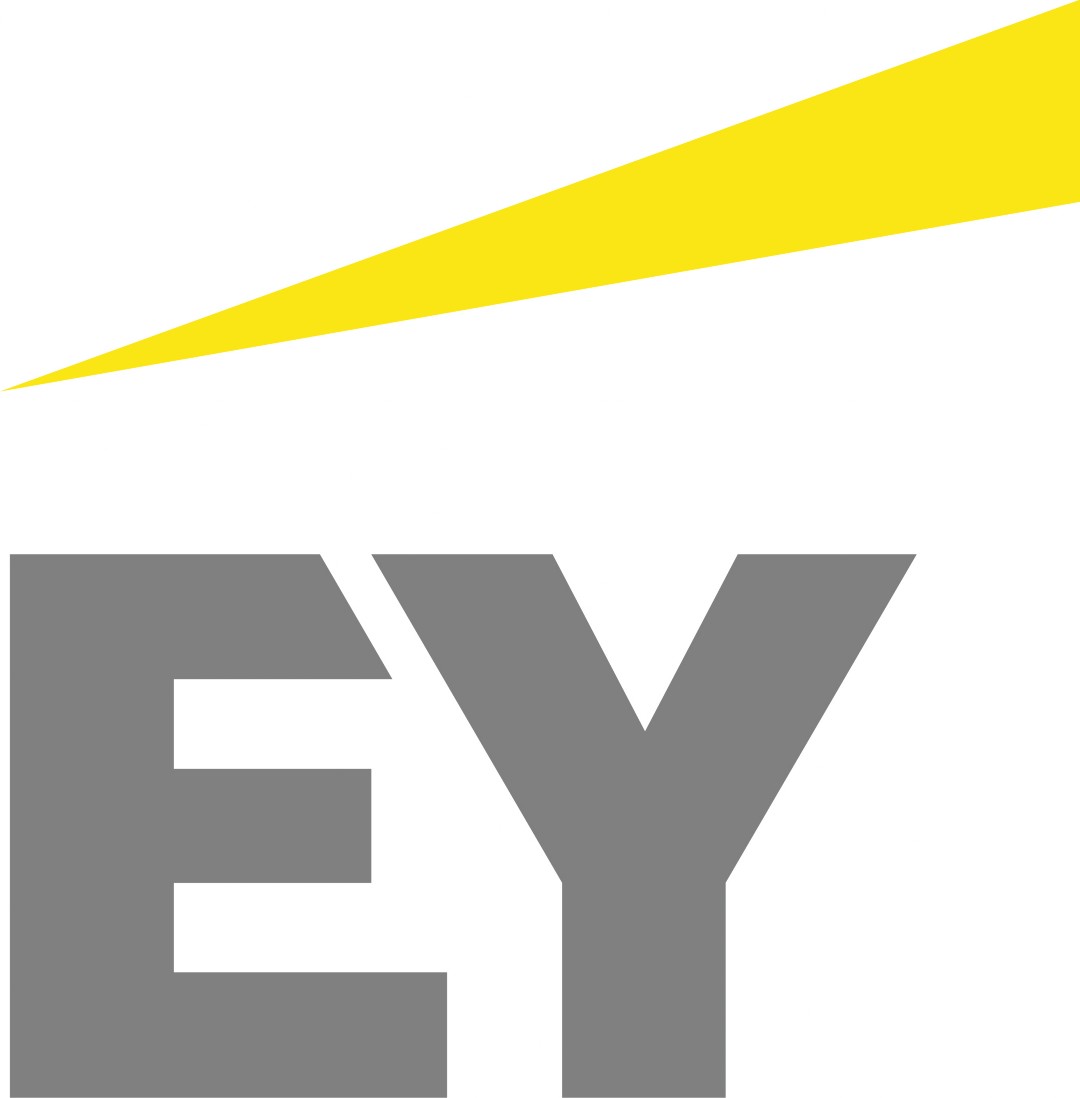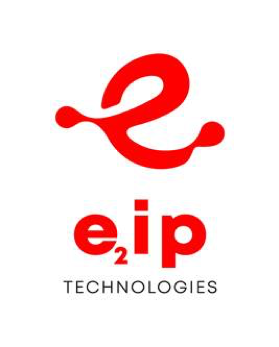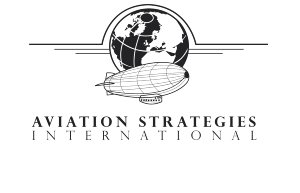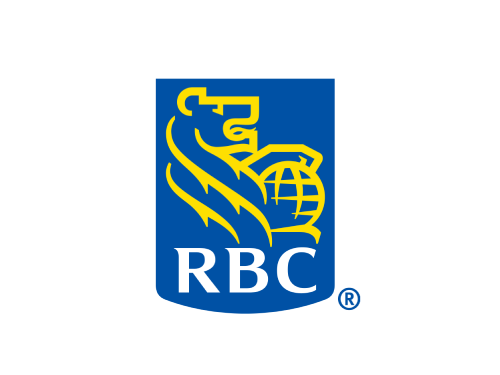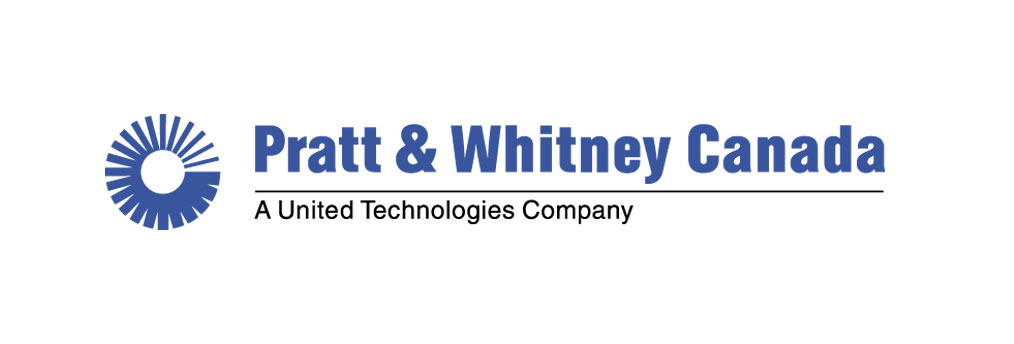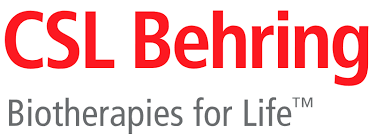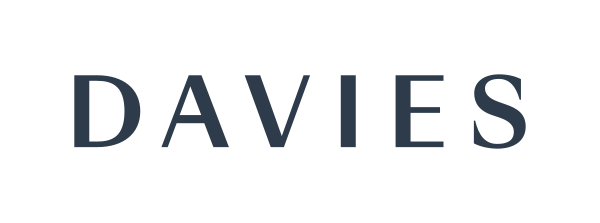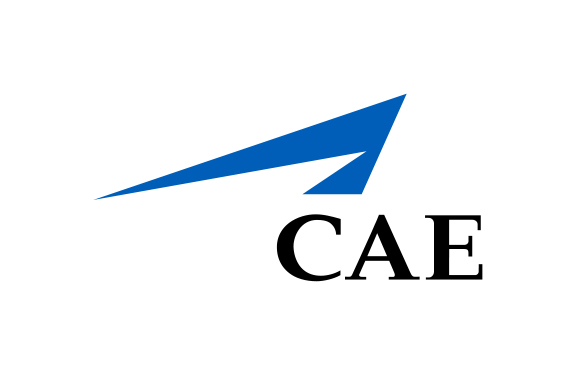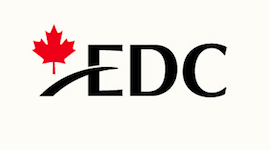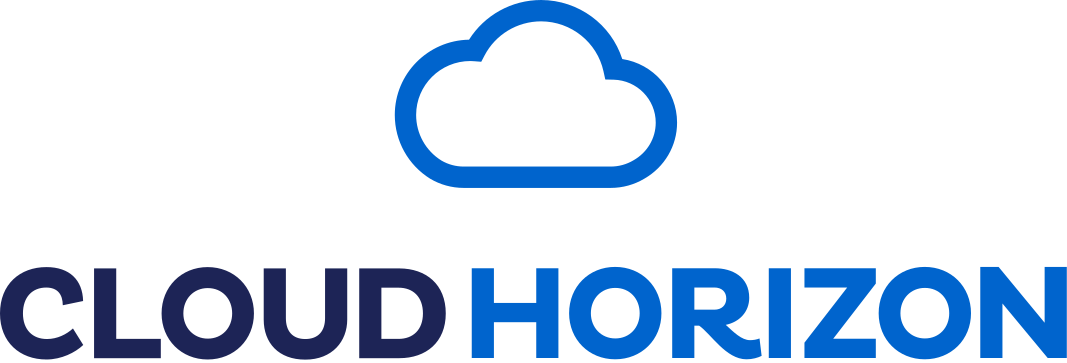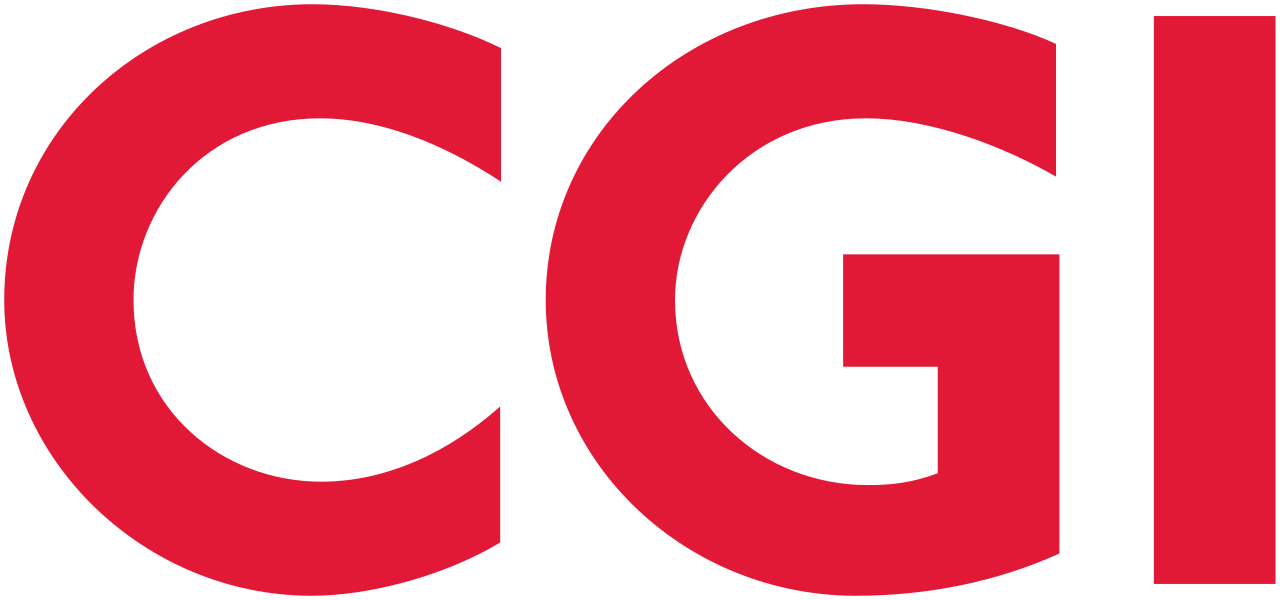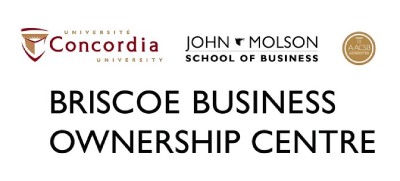Party Business – MBA students fight over cases at Concordia
[img_assist|nid=793|title=|desc=Chris Baker (left), Pramod Khati, Geoffrey Sullivan, L.A. McClelland (coach) and David Graham of New Zealand’s University of Otago team which returned victory cup after winning last year’s MBA competition.|link=none|align=none|width=640|height=450]
Here’s the problem. You spend the whole day trying to assess a company’s performance. Then you may spend the evening on lighter entertainment. Can you do both? Well, 120 MBA students from three continents will try their best this week at a four-day international MBA case-study competition organized by Concordia University, which begins today.
The favourites going into this year’s event, a foursome from the University of Otago in New Zealand, have mastered the dual-performance challenge better than most – despite some trouble with the law. The university won the event the last two years running, but its first victory in 1992 was marred when one of its team members got in trouble with Montreal Urban Community police.
“He was arrested for walking down the street with a beer in his hand,” organizer Darren Read recalled yesterday before opening ceremonies at the Sheraton Centre hotel, where the competition is being held. “It turned out he was wanted in Vancouver on an outstanding warrant for the same thing. The police took him in and he had to be bailed out.”
In its 13-year history, the competition itself has been equally nerve-wracking, especially lately. The event has grown from a competition between five Quebec universities in 1982 to this year’s expanded version, welcoming 12 international schools as well as 18 from Canada.
The contest works this way. Five times between today and Saturday, each team will get three hours alone in a room to study and master a complex case involving a real company.
The cases are long, anywhere from 13 to 25 pages, written mostly by MBA professors who want the case tested in competition so they can work out its kinks for their own students.
After being sequestered, the team will have to go before a panel of judges of senior Montreal business people to present and defend its strategy to boost the company’s performance. For example, last year’s teams had to plot the growth possibilities for a New England health-care company for the elderly, offer an expansion plan for a country inn and decide whether a family catering business should start selling to airlines.
This year’s students come from Canada, the U.S., Finland, Sweden and New Zealand. They represent schools as disparate as the Georgia Institute of Technology and the Helsinki School of Business and Economics (whose team, as it happens, includes two North American students studying there, one of them from Nepean, Ont.)
Five senior executives from a variety of industries will judge this year’s finalists on Saturday: David Goldman, executive vice-president of Noranda Minerals; Robert M. de Fougerolles of Canadian Corporate Funding; Michael Riley of Caron Belanger Ernst & Young; James Cherry of Oerlikon Aerospace; and Mackie Vadacchino of Cinar Films.
The top team will take home $4,000 given by the Bank of Montreal, the runners-up will get $3,000 from Noranda and the third-place team will receive $2,000 from Pratt & Whitney Canada.
Concordia’s Executive MBA program, which charges $20,000 annual tuition for students, is a main sponsor of the event, whose $120,000 budget is otherwise paid for by corporate sponsors.
On Saturday night, participants will wind down at a banquet and awards ceremony. The only performance they’ll have to worry about after that is getting home in one piece. For the victors, nothing after that should spoil the sweetness of success, not even a hangover.

